The Eight Republican Debate Participants: Mostly Homophobes and Transphobes

It’s that time again — the beginning of a presidential election cycle. The first debate of the 2024 cycle will be held Wednesday night, featuring eight candidates vying for the Republican nomination. The front-runner, Donald Trump, is skipping the event; instead he’s offering counterprogramming in the form of an interview with right-wing pundit Tucker Carlson. The interview has already been recorded, and it will be released at 8:55 p.m. Eastern on X, the social media platform once known as Twitter.
Even without Trump, the debate will likely be a display of homophobia, transphobia, and general opposition to all things progressive. The candidates who have qualified, based on fundraising, polling, and a party loyalty pledge, are North Dakota Gov. Doug Burgum, former New Jersey Gov. Chris Christie, Florida Gov. Ron DeSantis, former U.N. ambassador Nikki Haley, former Arkansas Gov. Asa Hutchinson, former Vice President Mike Pence, entrepreneur Vivek Ramaswamy, and U.S. Sen. Tim Scott of South Carolina.
The debate will take place in Milwaukee and be moderated by Bret Baier and Martha MacCallum of Fox News. It will be broadcast on Fox News Channel, Fox Business Network, FoxNews.com, and the streaming platforms Fox Nation and Rumble. It will run from 9 to 11 p.m. Eastern, with an hour of live coverage planned beforehand.
Read on for a look at the participants and their records on LGBTQ+ issues and more.
Pictured, from left: DeSantis, Pence, and Christie
Ron DeSantis

DeSantis has turned the Sunshine State into a beacon of homophobia and transphobia. He’s signed a plethora of anti-LGBTQ+ bills into law, including the infamous “don’t say gay or trans” legislation, banning instruction on sexual orientation and gender identity in public schools; a ban on gender-affirming health care for trans youth; a trans-exclusionary school sports law; and on and on and on. He has claimed doctors are bullying parents into allowing kids to undergo gender-affirming procedures. He’s gone to war with Disney, Florida’s largest private employer, because of its inclusionary policies. He opposes truthful teaching about racism in America and even endorsed state educational standards that say enslaved people sometimes benefited from slavery. He supports a ban on abortion after six weeks of pregnancy.
Trump once considered DeSantis an ally but has turned on him now that they're rivals for the presidential nomination. DeSantis, for his part, says that if he becomes president and Trump is convicted on any of the criminal charges he’s facing, DeSantis would issue a pardon.
Mike Pence

Pence’s anti-LGBTQ+ record is well known. As governor of Indiana, in 2015, he signed a law called the Religious Freedom Restoration Act, which became known as a “license to discriminate” against LGBTQ+ people and eventually was amended so it supposedly not enable discrimination. As governor and, before that, a congressman from Indiana, he consistently opposed marriage equality. In Congress, he voted against the Employment Non-Discrimination Act, which would have banned anti-LGBTQ+ workplace discrimination, and also opposed LGBTQ-inclusive hate-crimes legislation and the repeal of “don’t ask, don’t tell.” When he was Trump’s vice president, many political experts considered him the driving force behind the administration’s many homophobic and transphobic policies.
Now he’s spreading a deeply anti-trans message, along with objections to education about racism and its effects. “Every day we’re told that we must not only tolerate the left’s obsessions with race and sex and gender, but we must earnestly and enthusiastically participate or face severe consequences,” he said in a campaign speech this year. “And nowhere is the problem more severe or the need for leadership more urgent than in our public school classrooms.” He has said if he were to become president he would support a federal ban on gender-affirming health care for trans youth.
Chris Christie

The former New Jersey governor has an uneven record on LGBTQ+ issues, but now he’s positioning himself as a moderate, at least compared to the rest of the deeply conservative field. As governor, he vetoed a 2012 bill that would have established marriage equality in New Jersey, but the next year he dropped an appeal to a state Supreme Court ruling that accomplished just that. In 2013, he signed a bill banning the use of conversion therapy on minors. He twice vetoed bills that would have made it easier for trans residents to change the gender marker on their birth certificates — and laughed about one of them — but two years later he signed some trans-supportive legislation into law, one bill aimed at protecting trans students, another banning discrimination in health care. And this year he said bans on gender-affirming care for trans youth interfere with parents’ rights. He emphasized that there should be parental involvement in young people’s care, but that’s generally required anyway.
He calls himself pro-life, but he says he wouldn’t support a federal ban on abortion. He also has been about the only Republican candidate willing to publicly criticize Trump, even though he endorsed Trump in 2016 and stumped for him. He has countered Trump’s claim that the 2020 presidential election was stolen; he says Trump simply lost.
Nikki Haley

Haley, who was governor of South Carolina before becoming Trump’s ambassador to the United Nations, has a long and strong anti-LGBTQ record. She has opposed marriage equality for decades and said that as governor she would veto a marriage equality bill. In February of this year she said Florida’s “don’t say gay or trans” law didn’t go far enough because its ban on instruction on sexual orientation or gender identity only went up to third grade; the ban has since been extended through high school. She has recently blamed trans visibility for teenage girls’ suicidal ideation and said trans women threaten women’s sports; it’s “the women’s issue of our time,” according to Haley. And she called transgender influencer Dylan Mulvaney “a guy, dressed up like a girl, making fun of women.”
She supports a ban on abortion after 15 weeks of pregnancy. Regarding economic matters, she recently described President Biden’s Inflation Reduction Act — which aims to promote clean energy, lower prescription drug prices, and reduce the federal deficit — as a “communist manifesto.”
Asa Hutchinson

As Arkansas governor, Hutchinson endorsed some anti-LGBTQ+ bills and kept his distance from others, but they became law anyway. In 2015, he signed a religious freedom bill that opponents saw as a license to discriminate against LGBTQ+ people, members of minority faiths, and more. He demanded that it be softened before he OK’d it, and it was, but civil rights groups said it remained flawed. That year, he let another discriminatory bill become law without his signature. It banned cities and counties from enacting antidiscrimination ordinances that went beyond state law — which does not include anti-LGBTQ+ discrimination.
In 2021, he vetoed a bill banning gender-affirming care for trans minors, but legislators overrode his veto and the measure became law, the first of its kind in the nation. It has now been struck down by a federal court, but the state is appealing. Also in 2021, he signed a trans-exclusionary school sports law and one allowing health care workers to opt out of procedures to which they have religious or moral objections. Regarding the latter, opponents said conscience protections are already in place, and the new law would enable discrimination against LGBTQ+ people, women, and others.
Tim Scott

Scott is the only Black Republican in the U.S. Senate, and he was a House member before that. He has a long history of anti-LGBTQ+ stances. He has opposed marriage equality for years — and still does, even though it's been the law of the land since 2015. In 2010, when he was first elected to the House, he said homosexuality is a “morally wrong choice, like adultery.” He's proposed a national version of Florida's "don't say gay or trans" law as well as legislation that would defund schools with trans-supportive policies. And he asserts that schools are indoctrinating students on race — by teaching the facts about racism — as well as LGBTQ+ issues. He has a string of zeroes on the Human Rights Campaign's Congressional Scorecard, and he voted against Pete Buttigieg's confirmation as secretary of transportation.
Doug Burgum

Burgum, governor of North Dakota since 2016, has jumped on the anti-trans bandwagon big-time. He's signed bills into law recently criminalizing the provision of gender-affirming care to young trans people, requiring outing of trans students to their parents, barring trans student athletes from competing under their gender identity, banning gender changes on birth certificates unless there's proof of genital surgery, writing a binary, fixed-at-birth definition of gender into state law, and restricting restroom use in a variety of venues.

Ramaswamy, an Ohio-based entrepreneur turned politician, recently said the LGBTQ+ community is “an alphabet soup” that has created “a tyranny of the minority.” Speaking to a pansexual activist at the Iowa State Fair, he also said, "Trans is fundamentally in tension with gay." He further claimed that certain ideologies are being foisted onto children. His campaign website offers a list of what he calls “truths,” including “There are two genders,” “Reverse racism is racism,” “Parents determine the education of their children,” and “The nuclear family is the greatest form of governance known to mankind.”


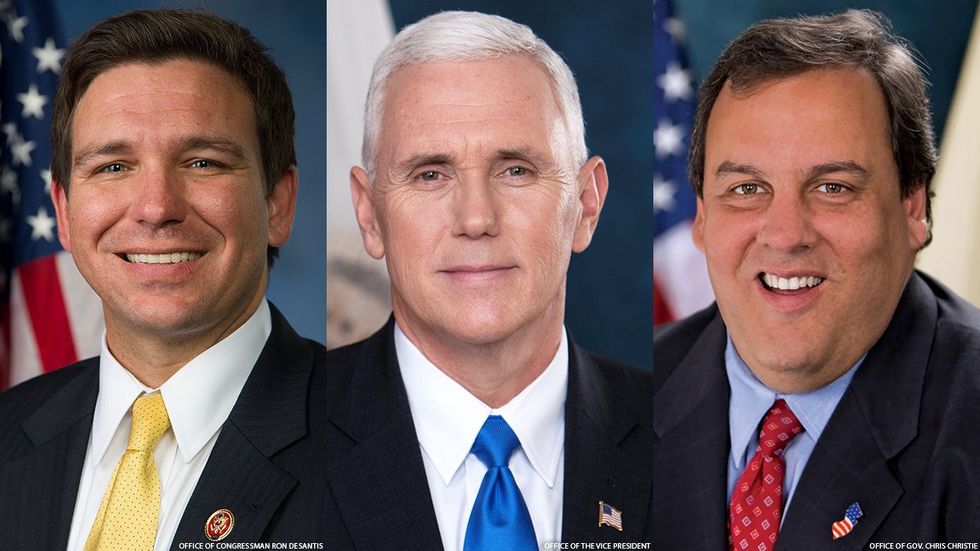
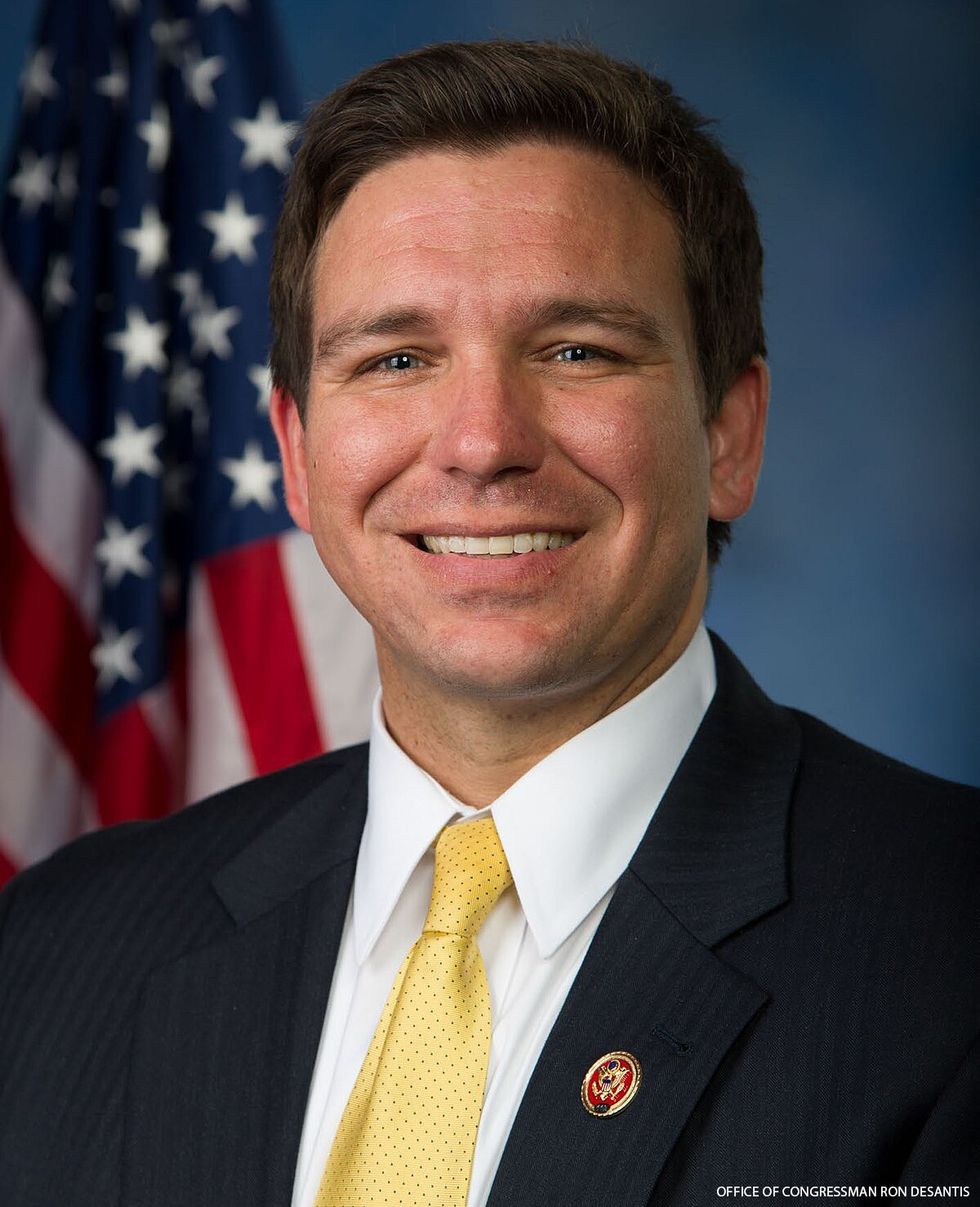
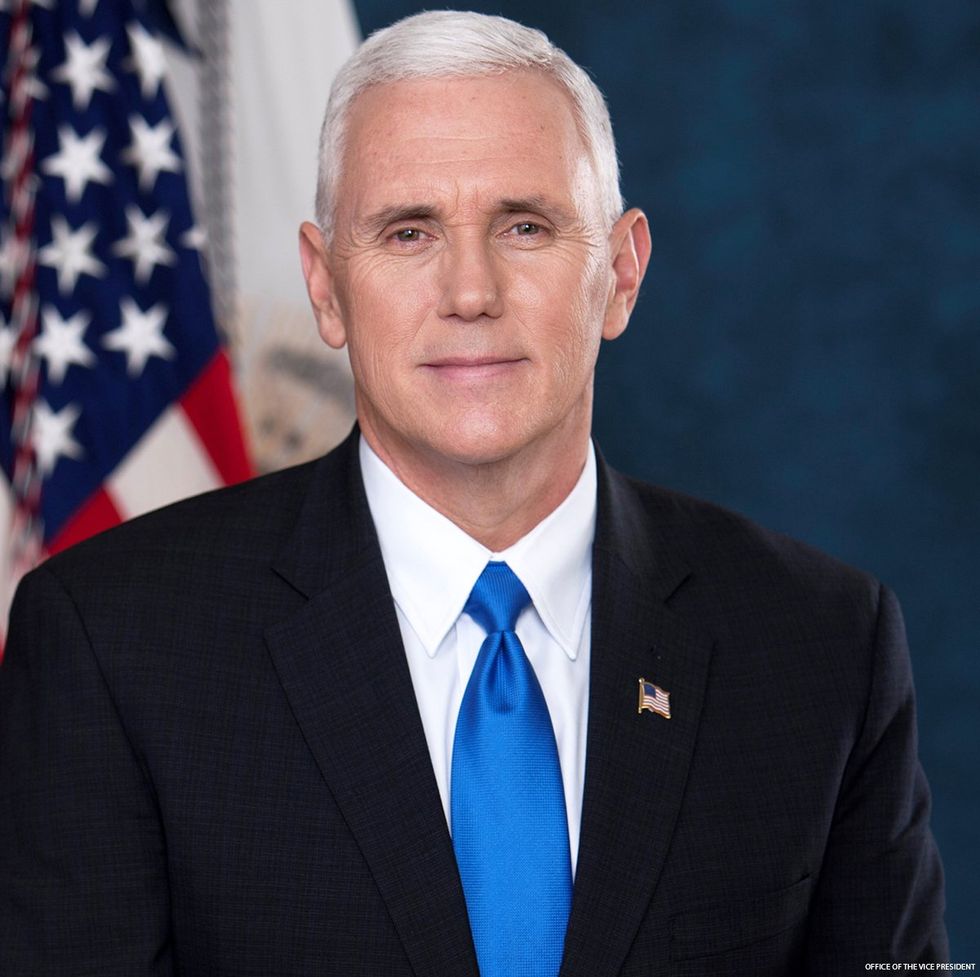
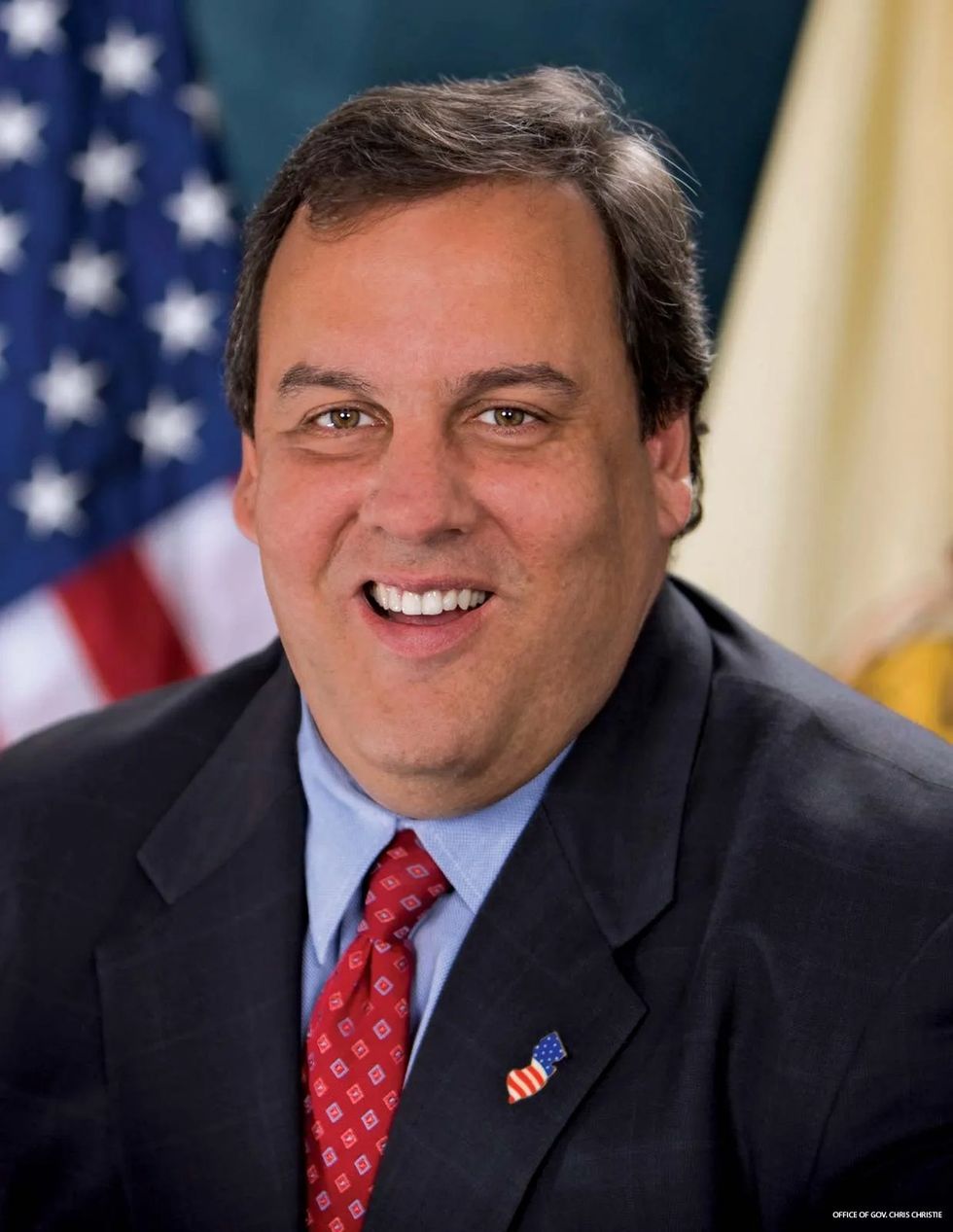
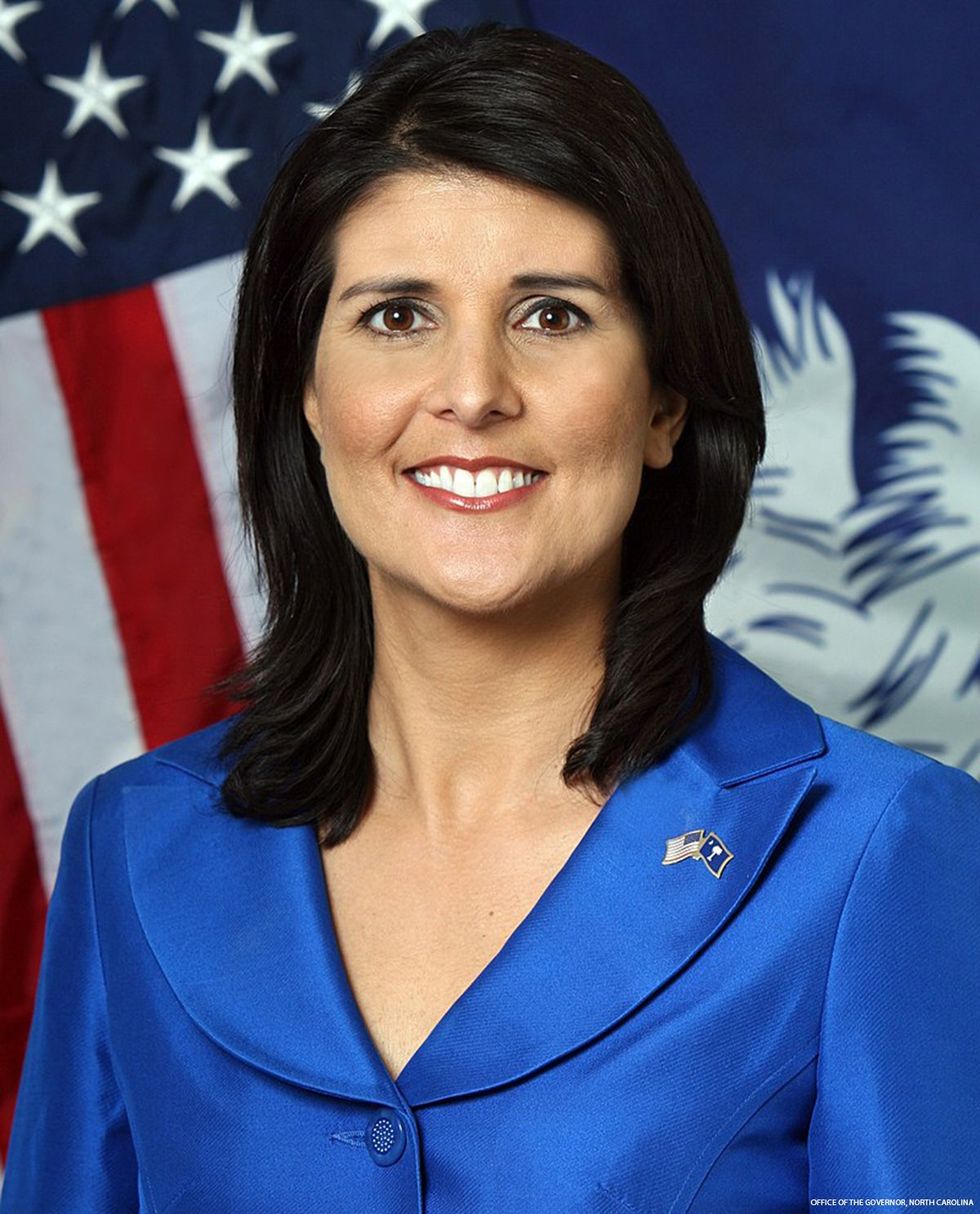
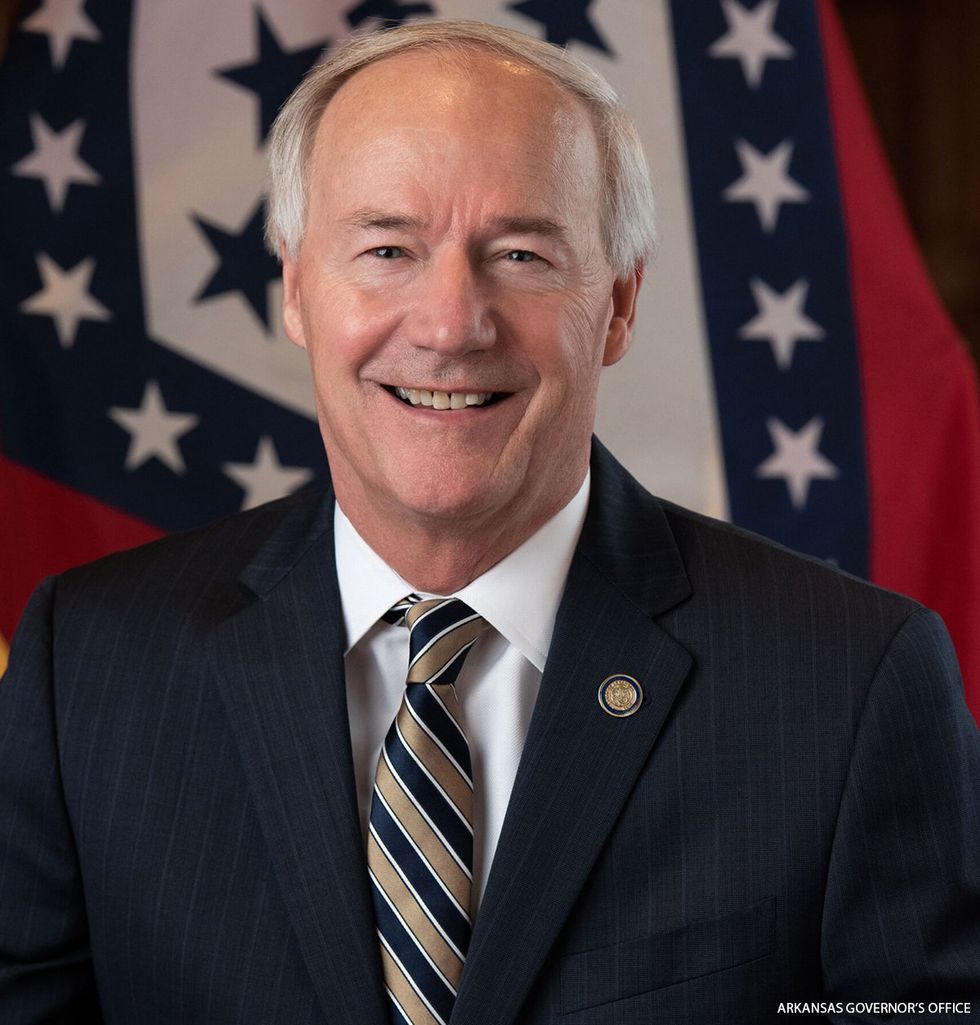
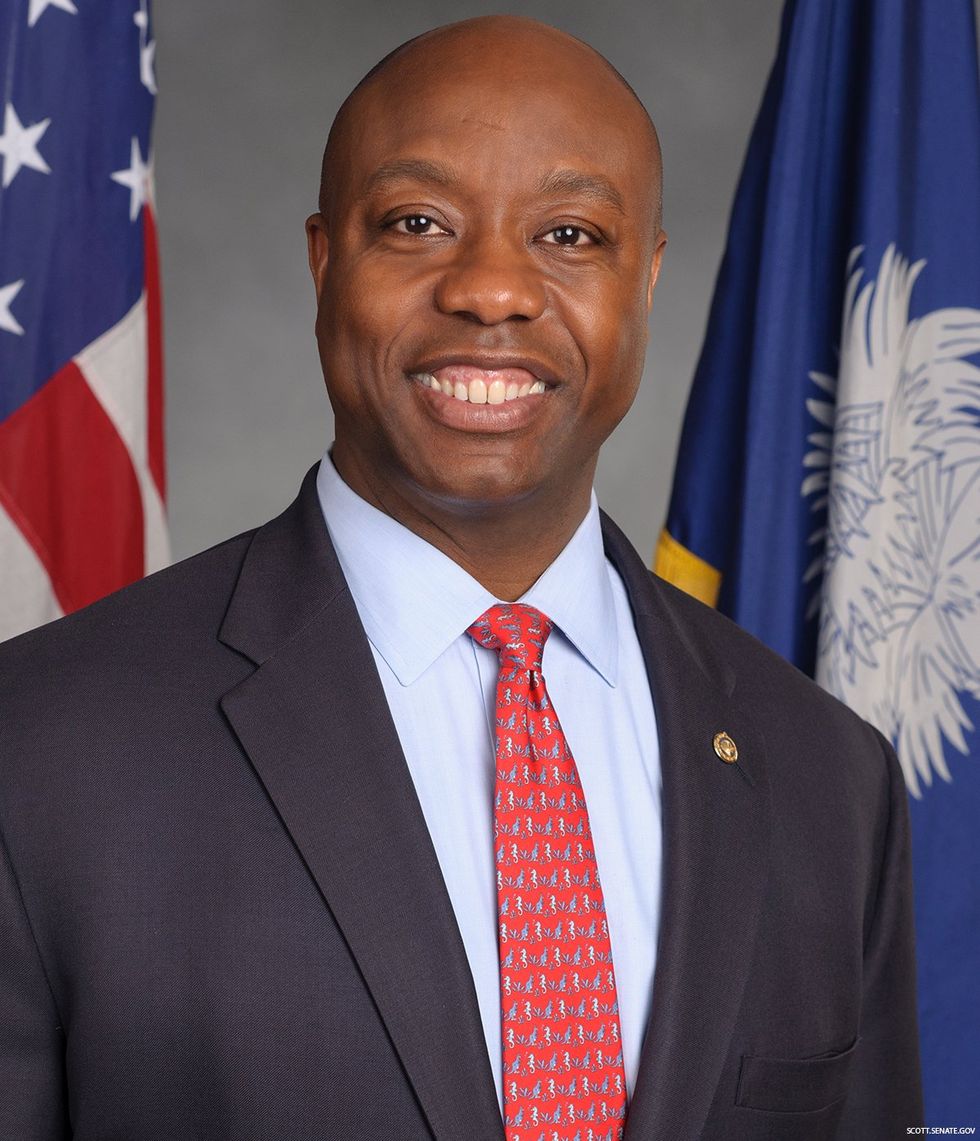
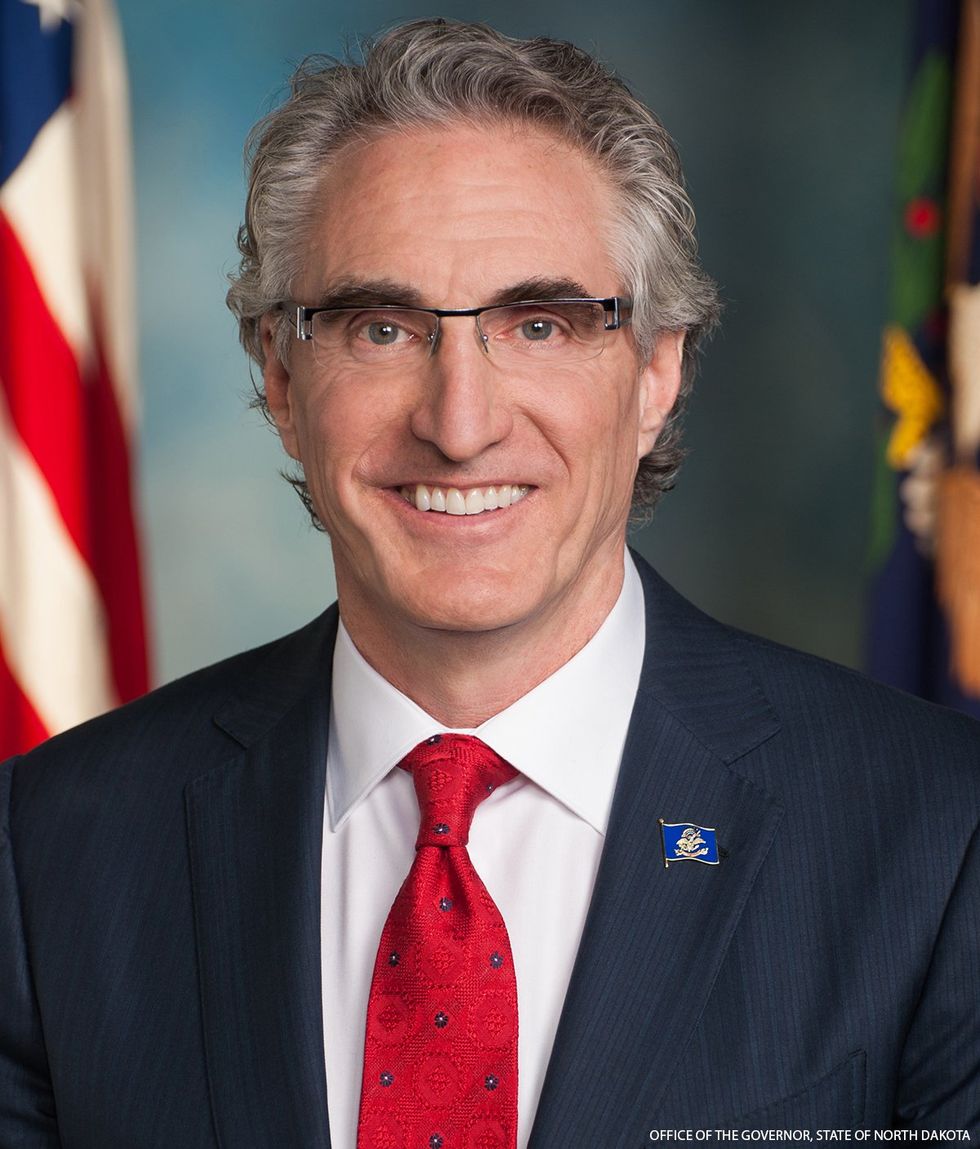
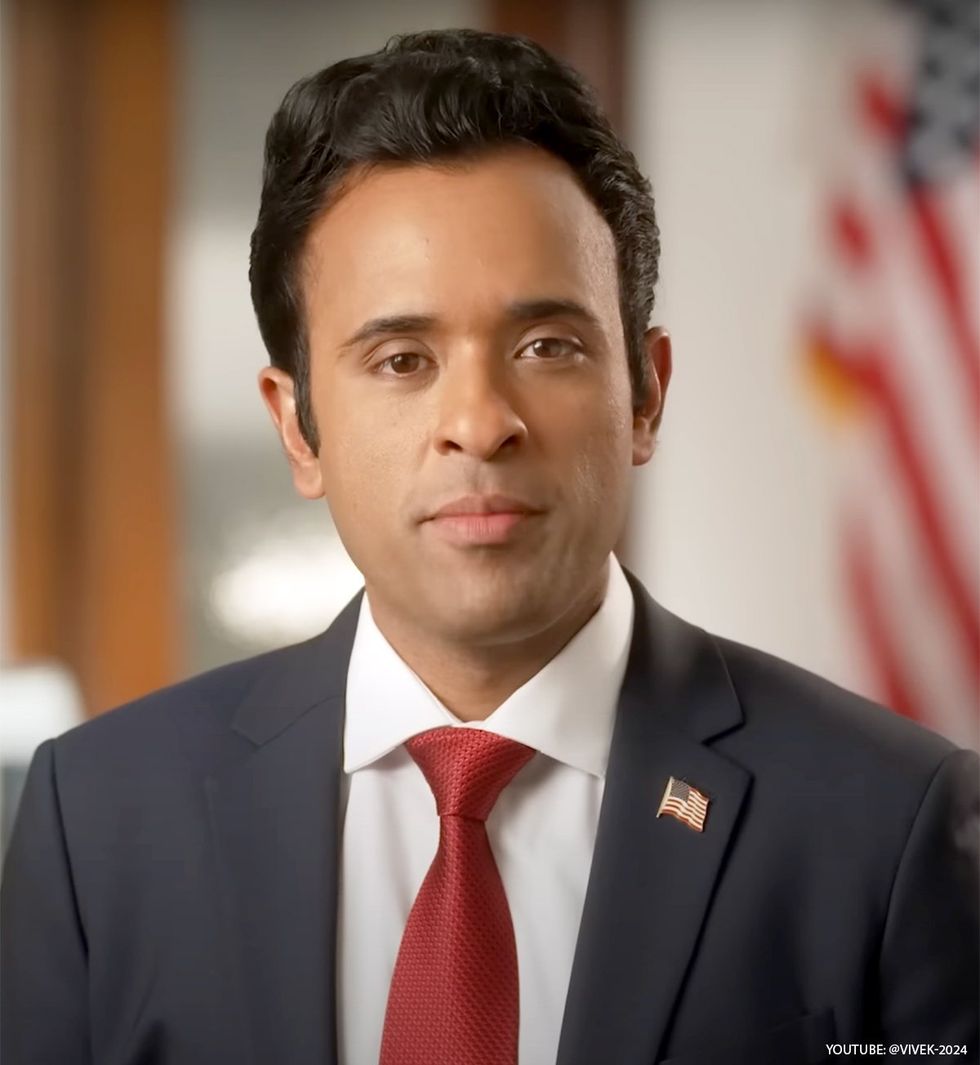


































































Charlie Kirk DID say stoning gay people was the 'perfect law' — and these other heinous quotes